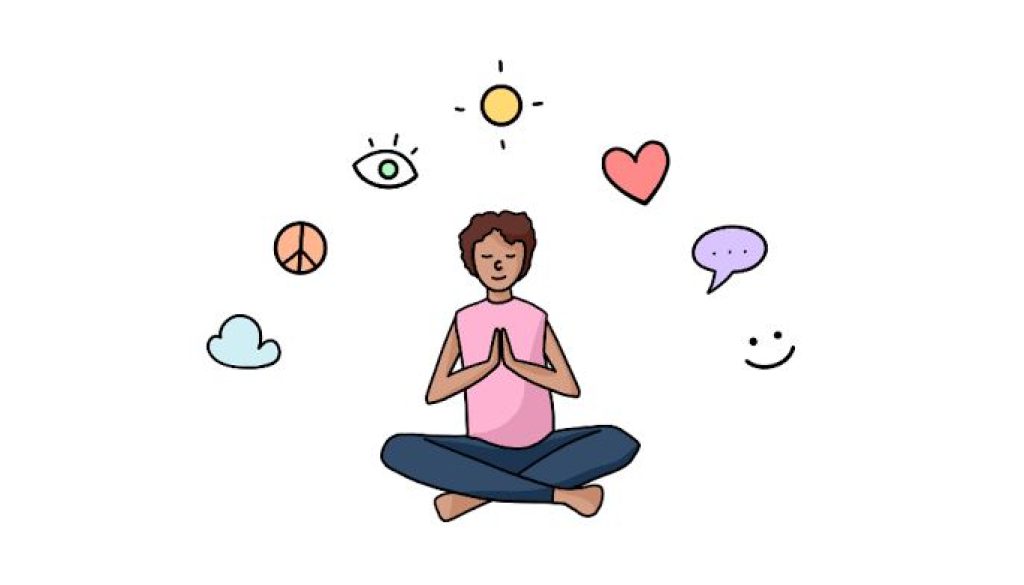Coping with FOMO in a Hyperconnected Society
The Fear of Missing Out, commonly known as FOMO, has become a significant issue in our hyperconnected world. Social media and constant online connectivity expose us to curated glimpses of others’ lives, often leading to feelings of inadequacy, comparison, and a nagging sense that we’re not doing enough. Understanding FOMO and learning how to cope with it can help you protect your mental health and foster a greater sense of contentment in your own life.
What is FOMO?
FOMO is the anxiety that arises from believing you’re missing out on rewarding experiences that others are having. It’s fueled by the pervasive presence of social media, where people share highlights of their lives—vacations, parties, career achievements, or even daily joys.
While these posts are often positive and celebratory, they can make others feel as though their own lives are less fulfilling by comparison. FOMO can lead to feelings of loneliness, dissatisfaction, and low self-esteem, and may even contribute to anxiety or depression.
Why is FOMO so common in today’s society?
– Social media culture: Platforms like Instagram, TikTok, and Facebook encourage sharing the most glamorous or exciting moments of life. This creates an illusion that others’ lives are perpetually interesting, leaving you questioning your own experiences.
– Constant connectivity: Notifications, updates, and alerts ensure we’re always aware of what others are doing. The pressure to stay updated can feel overwhelming.
– Cultural emphasis on achievement: Modern society often equates success with constant activity, productivity, or being part of the latest trends, making downtime or ordinary moments seem less valuable.
How FOMO impacts mental health
– Increased stress and anxiety: The fear of missing out can leave you feeling tense, distracted, and overwhelmed.
– Negative self-comparison: Constantly comparing yourself to others can erode self-esteem and lead to feelings of inadequacy.
– Difficulty enjoying the present: Focusing on what you might be missing prevents you from appreciating your current experiences.
Tips for coping with FOMO
Shift your perspective
Remind yourself that social media is a highlight reel, not a full picture of someone’s life. Behind every perfect photo is a mix of challenges and struggles you may not see. Practice gratitude for what you have rather than focusing on what you lack.
Limit social media use
Reducing the time you spend on social media can decrease exposure to triggers of FOMO. Set specific times for checking your accounts and avoid aimless scrolling, especially when you’re feeling vulnerable or down.
Focus on what matters to you
Identify your values and priorities. By focusing on what truly makes you happy—whether it’s spending time with family, pursuing a hobby, or relaxing at home—you’ll feel less pressure to keep up with others’ activities.
Practice mindfulness
Mindfulness helps you stay present and appreciate the moment. Techniques such as deep breathing, meditation, or simply observing your surroundings can ground you when feelings of FOMO arise.
Plan your own fulfilling activities
Instead of fixating on what others are doing, create your own experiences. It doesn’t have to be extravagant—a quiet evening with a good book, a walk in nature, or a coffee date with a friend can bring joy and satisfaction.
Connect with supportive people
Surround yourself with friends and loved ones who understand and value you. Meaningful relationships are far more rewarding than the fleeting sense of connection that social media can offer.
Reframe “missing out”
Not participating in everything isn’t necessarily bad—it’s an opportunity to rest, recharge, or invest time in what matters most to you. Missing out can be a form of self-care.
Seek professional help if needed
If FOMO significantly affects your mental health, consider talking to a therapist or counselor. They can help you develop coping strategies and address underlying issues like self-esteem or anxiety.
Conclusion
FOMO is a natural response to our hyperconnected world, but it doesn’t have to control your emotions or actions. By shifting your perspective, setting boundaries with social media, and focusing on your own priorities, you can reduce its impact and cultivate a greater sense of fulfillment. Remember, life isn’t a competition—it’s about creating moments and experiences that bring meaning and joy to you personally.



